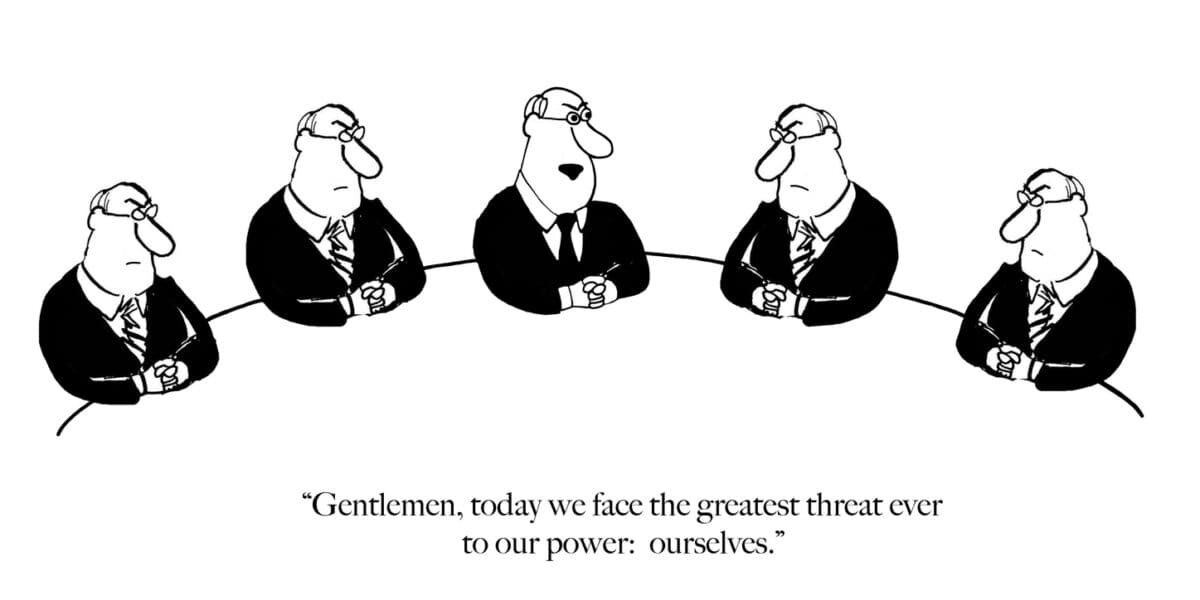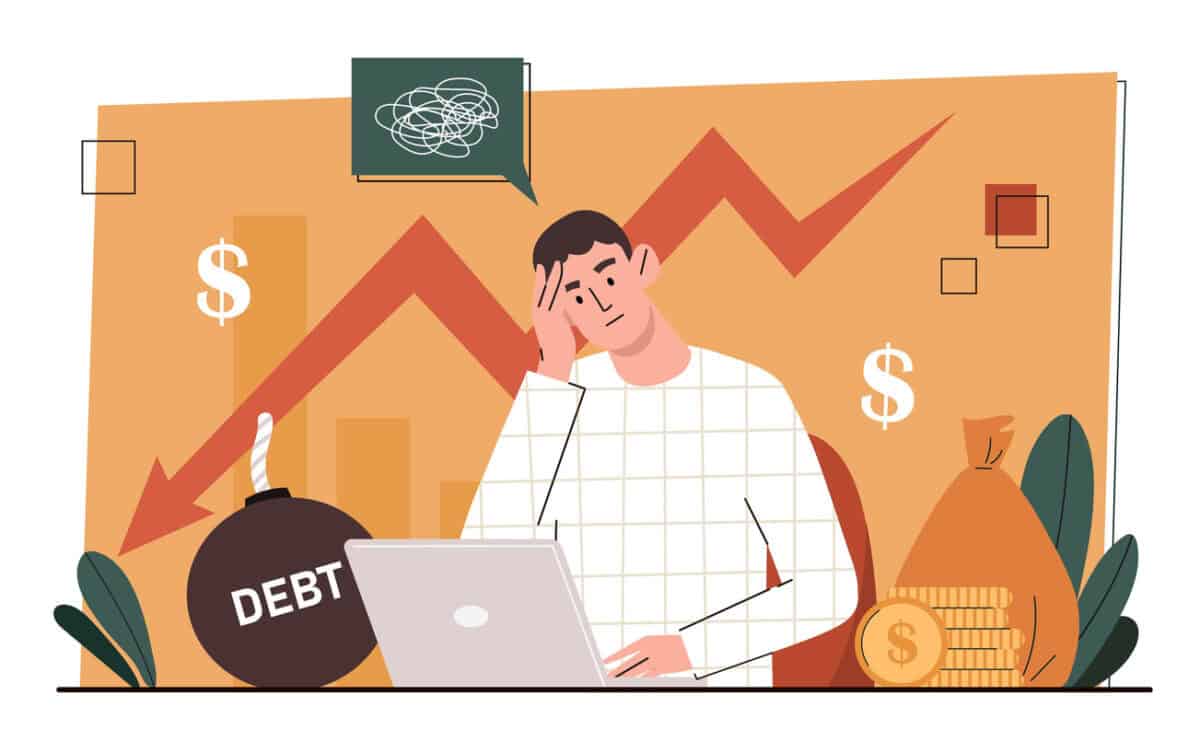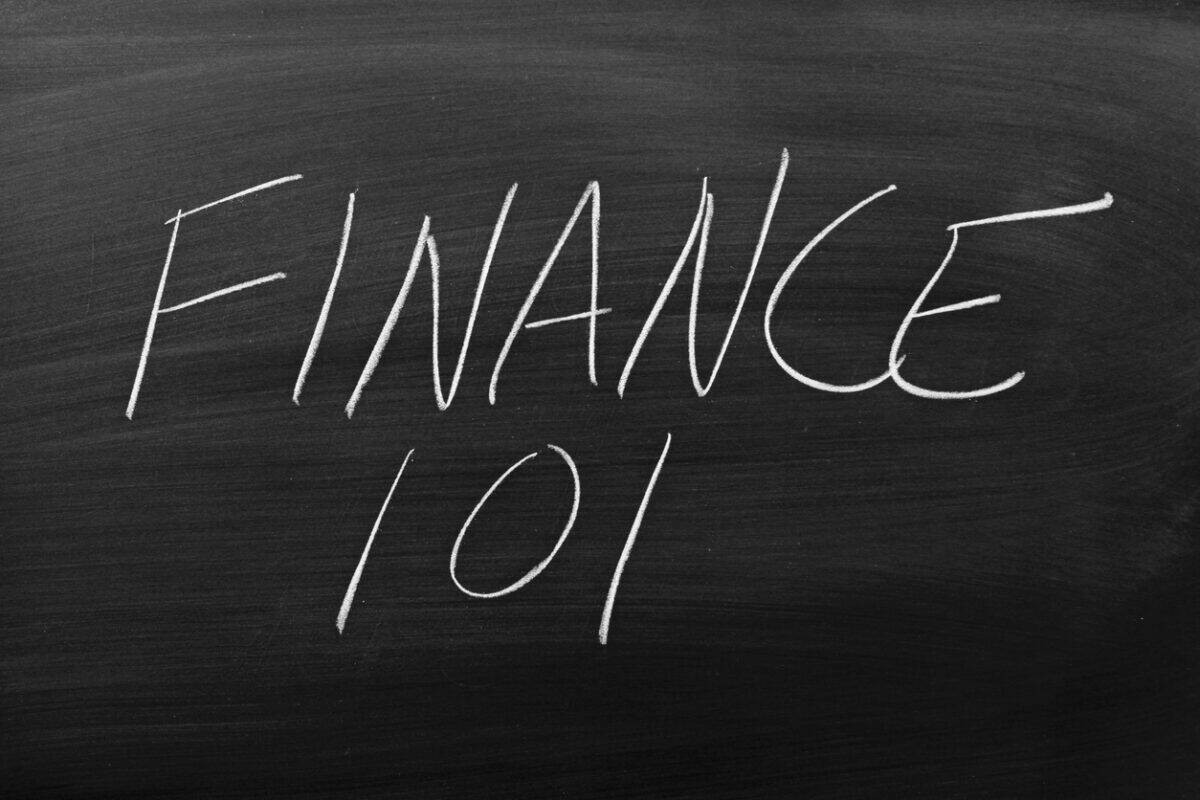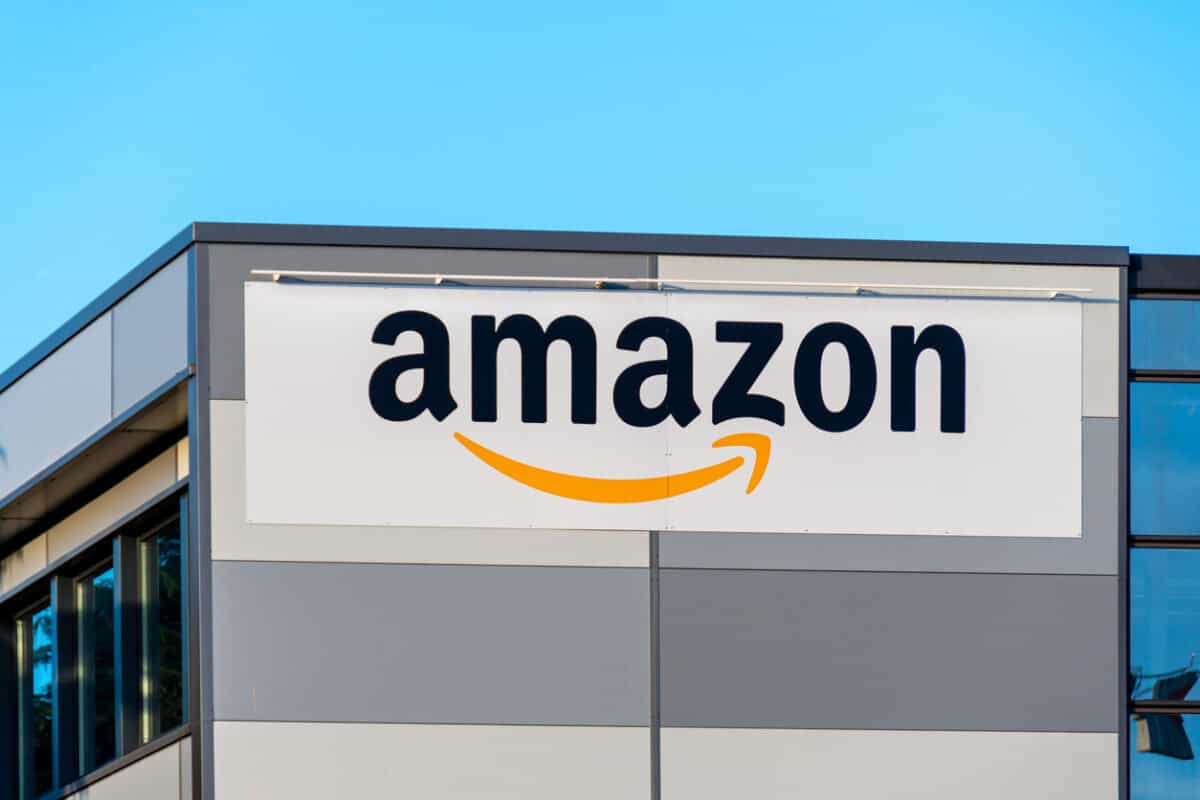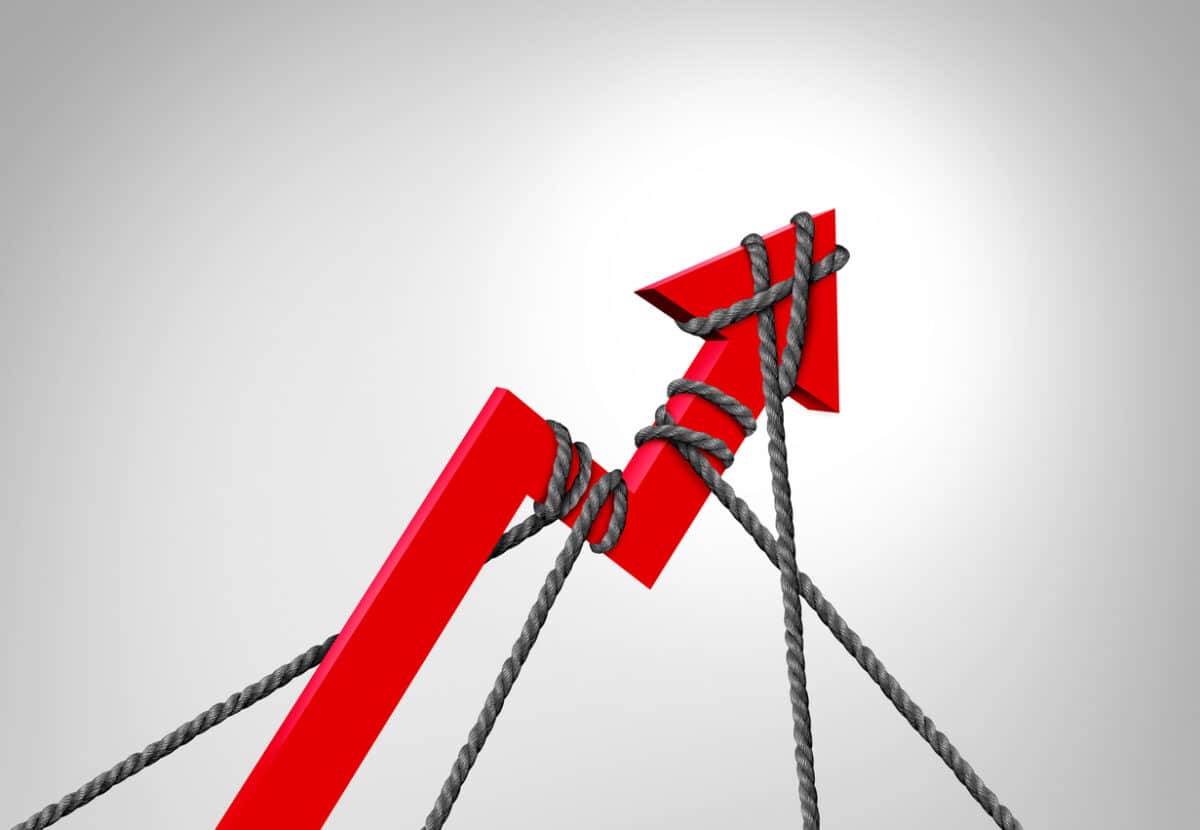Business ethics has never been a significant focus of occupational health and safety (OHS) organisations or regulators beyond what the law says. OHS advisers in companies and through consultation constantly address ethical or unethical behaviour, even though this is rarely discussed at the academic level or outside of the possibility of prosecution. Over the last four decades, neoliberal ideology and policies have given OHS only grudging attention, if any at all. Neoliberalism is gaining more attention in the OHS literature as the socioeconomic and political sources of hazards are finally receiving serious attention. However, most OHS people cannot remember a world before neoliberalism. It is important to remember that trust in the “free market’ on which neoliberalism was built, the promises of wealth for all, and reflect on how worker health and safety suffered.
Category: economics
Cost estimation, safety and economists
American legal scholar Cass R. Sunstein does not write about occupational health and safety (OHS) directly, but he writes about the society in which OHS operates. In November 2022, he reviewed an economics book in an article called “Accounting for the Human Cost.” OHS may have a strong moral core, but one can argue that it is more of an economic discipline due to the necessity for analyzing costs and benefits to gauge compliance with laws and regulations.
The Hidden Barrier to Safer Workplaces: Financial Literacy in OHS
Australia’s occupational health and safety (OHS) has improved over the decades. Yet, preventable injuries and fatalities persist—over 180 quad bike deaths since 2011, for example, with rollovers leading the charge. We have regulations, campaigns, and a national body in Safe Work Australia, but something’s still missing. Why aren’t workplace redesign efforts—like fitting rollbars on quads or rethinking production systems—more widespread? The answer might lie in a hidden barrier: the WHS profession’s shaky grasp of financial literacy, compounded by the stranglehold of financial underwriting models and capital market expectations. Maybe it’s time we admit that the safety game isn’t just about risk assessments—it’s about money, and we’re not playing it well enough.
The economics of OHS and the need to think upstream
Michael Belzer and Michael Quinlan have outlined the economics of occupational health and safety (OHS) in the editorial of the latest edition of The Economic and Labour Relations Review. This contrasts with earlier research about the business case for OHS as it broadens the pool of influences more broadly. They write:
“The economic approaches to OHS in the papers in this issue identify externalities and suggest that incomplete market analysis has created an inappropriate permission to ignore uncompensated costs in labour, product, and service markets; these incomplete markets lead to greater social risk as well as inefficiency. More integrated understandings of OHS are challenging but research performed without them leads to narrow and partial understandings.” (page 483)
Amazon’s OHS risks and practices revealed
The political upheavals in the United States and the changes to corporate ideologies are concerning, primarily because of the potential infection of other nations. Businesses are not as globally connected as much of the media coverage implies. Still, Australian businesses watch the actions of global companies, and Amazon has been prominent in workplace and occupational health and safety (OHS) practices.
Recently, the US Senate Labor Committee released a damning report into Amazon’s high workplace injury rates, which includes important information for similar industries in local jurisdictions.
CEOs and regulations
The Australian Financial Review conducts many conferences, business summits and CEO surveys to provide publishable content (and as a marketing strategy). Over the last month, several articles and features have been produced from its “Chanticleer CEO Survey”; one is called “Red tape standing between business and Australia’s policy challenges” (hard copy title, paywalled). I scanned the CEOs’ comments for relevance to occupational health and safety (OHS) and harm prevention.
Two new books that challenge our OHS beliefs
I know the basics of occupational health and safety (OHS), but I struggle to integrate those basics into the changing world of work. As such, I have been reading about work’s socioeconomic, political, and philosophical context and how I can adapt OHS to workers’ needs and employers’ desires. Two books I purchased last week are challenging my understanding of work and OHS. Unsurprisingly, neither of them is about OHS. We often learn more about our own OHS discipline from how others see it.

